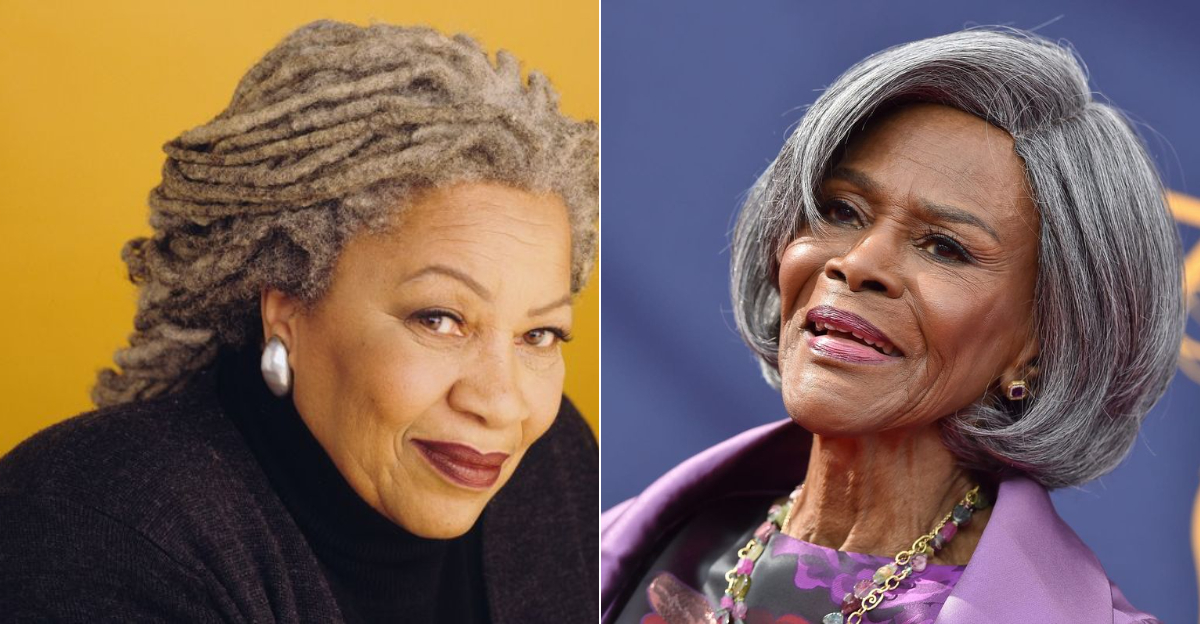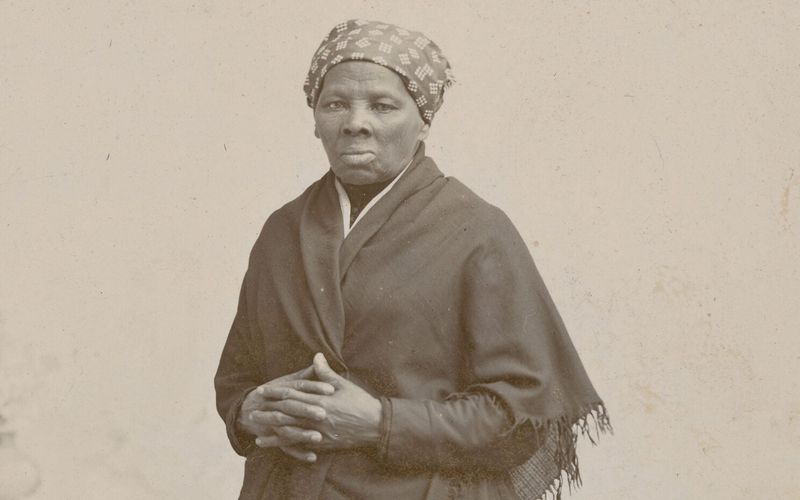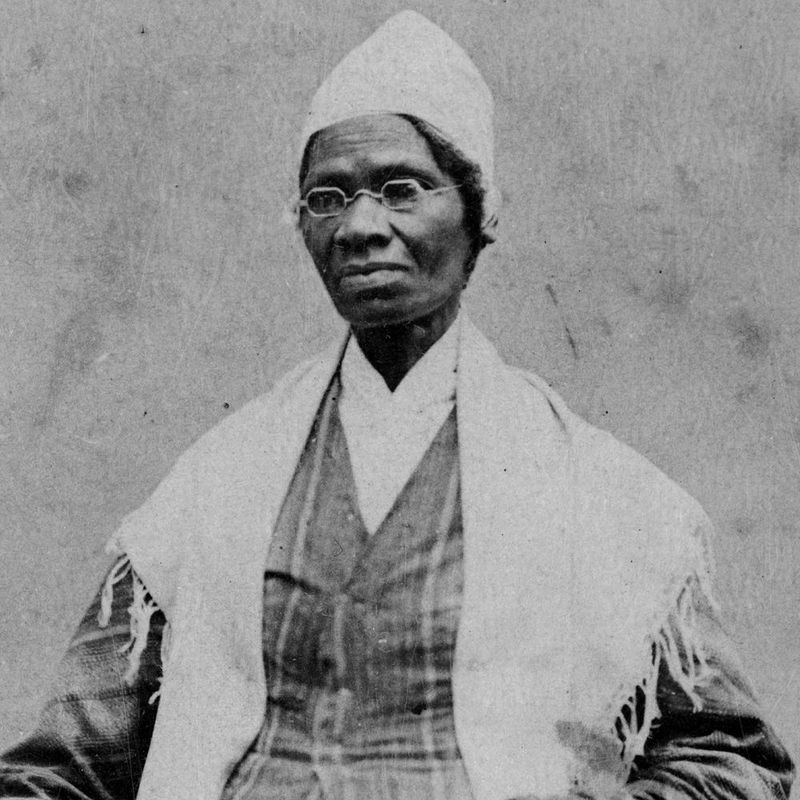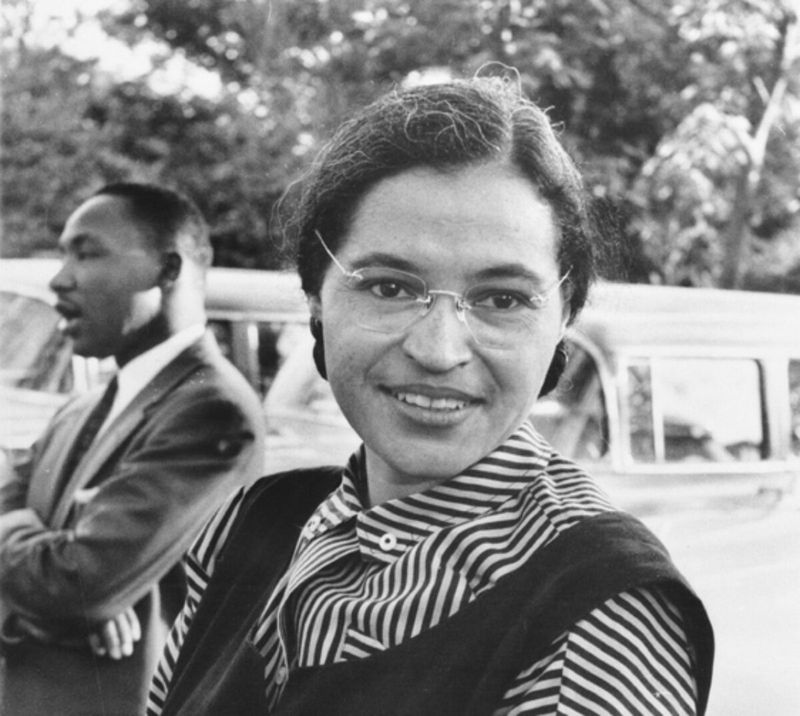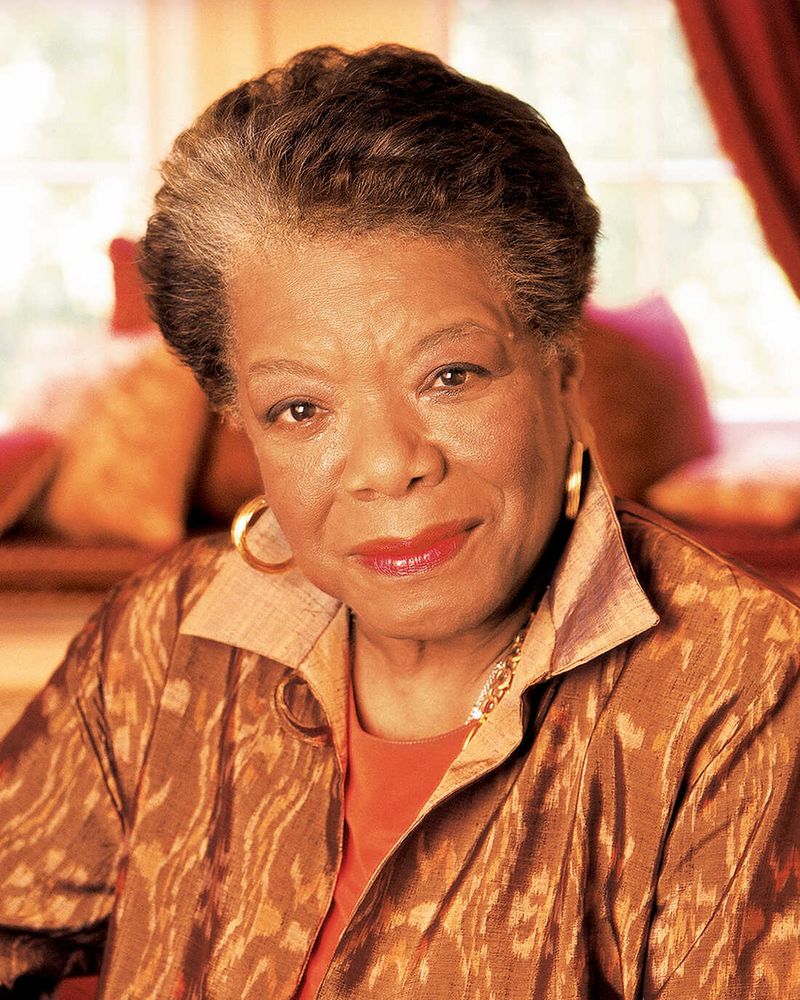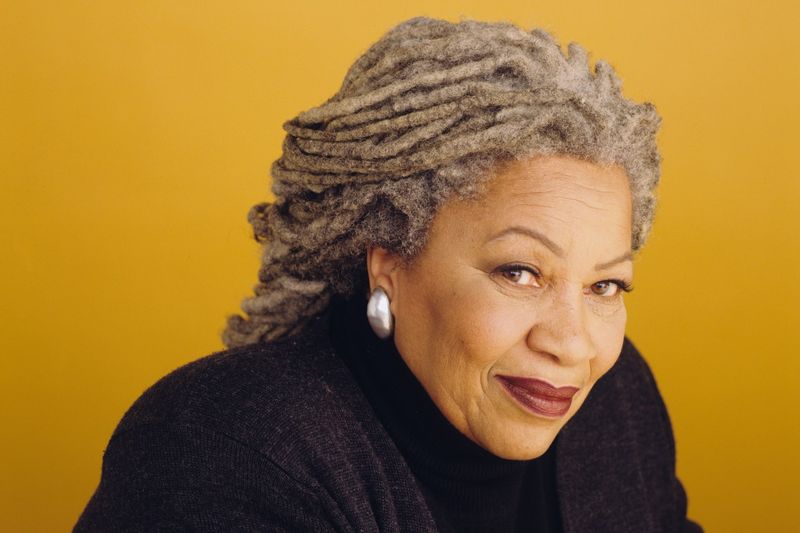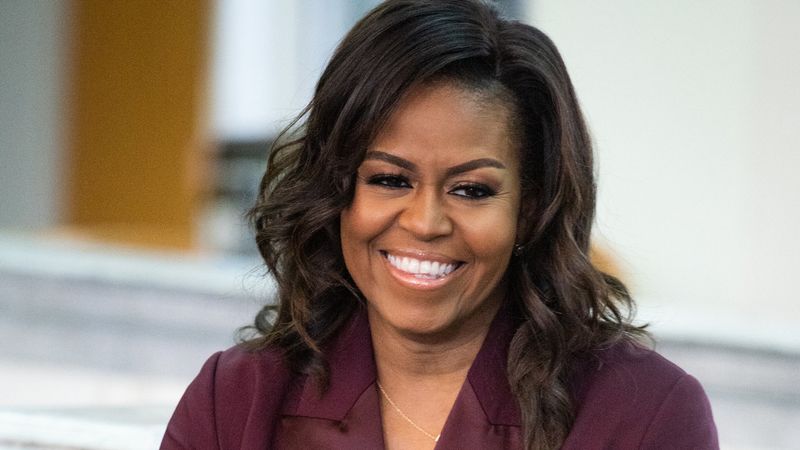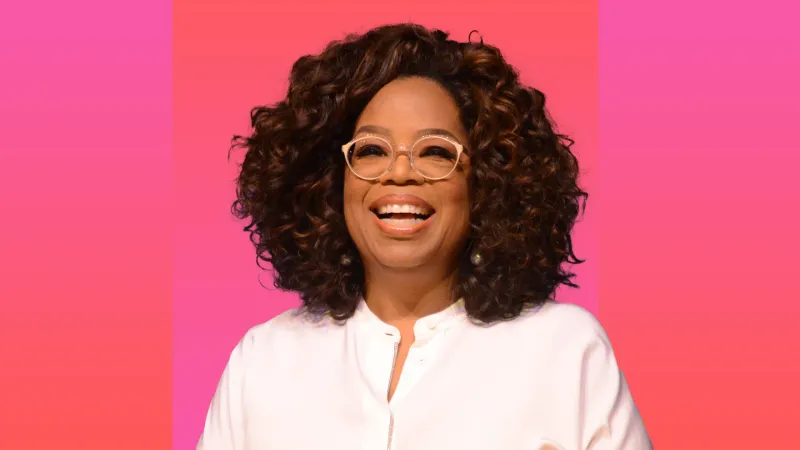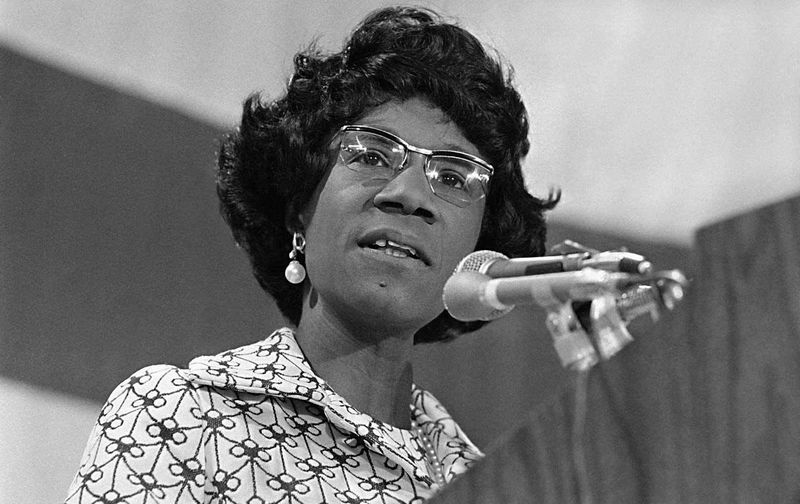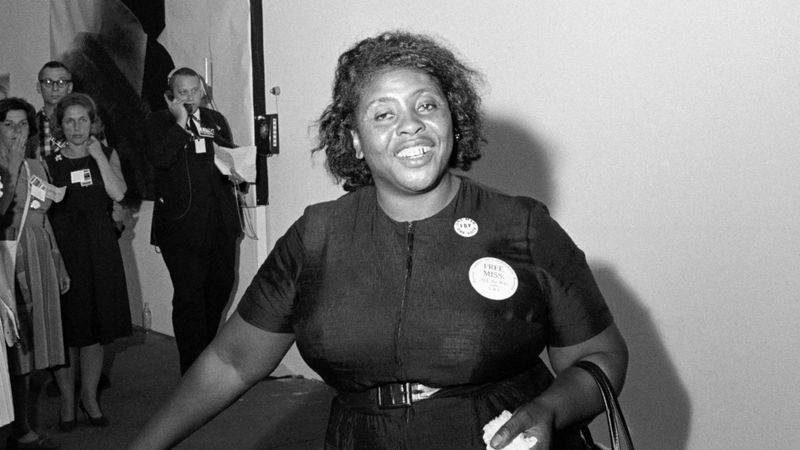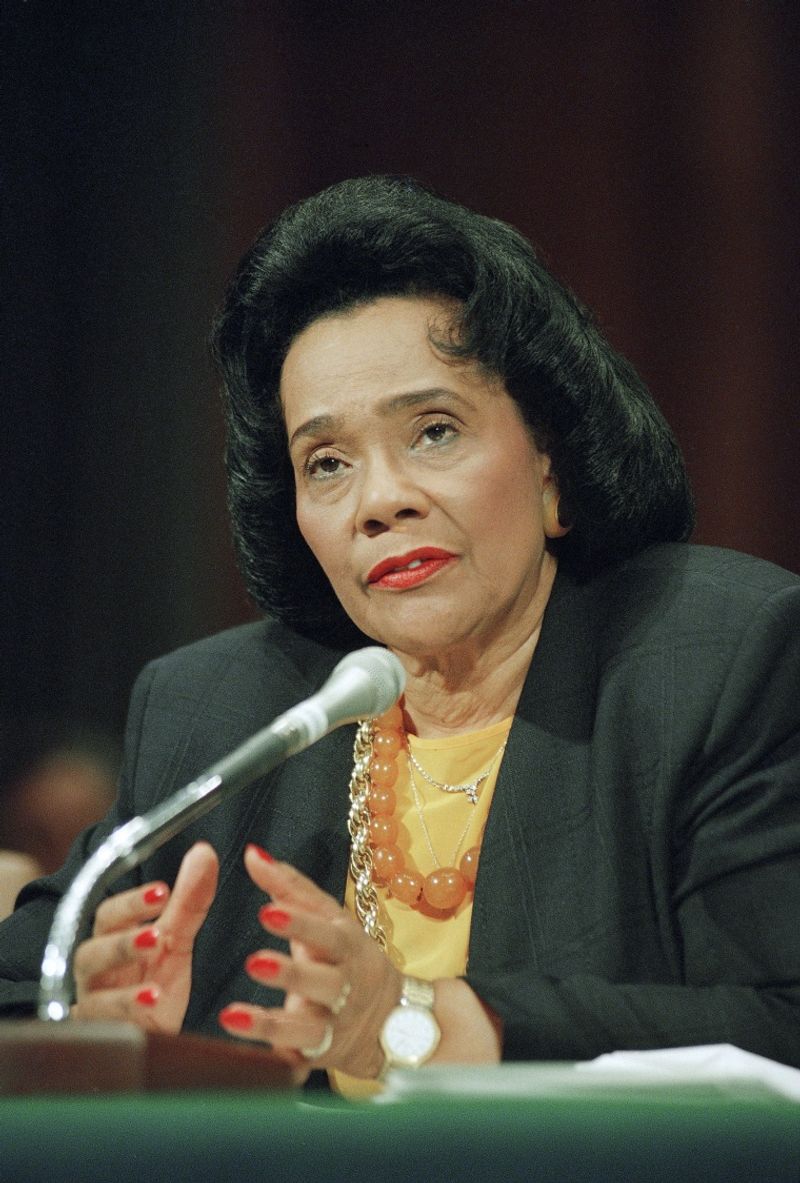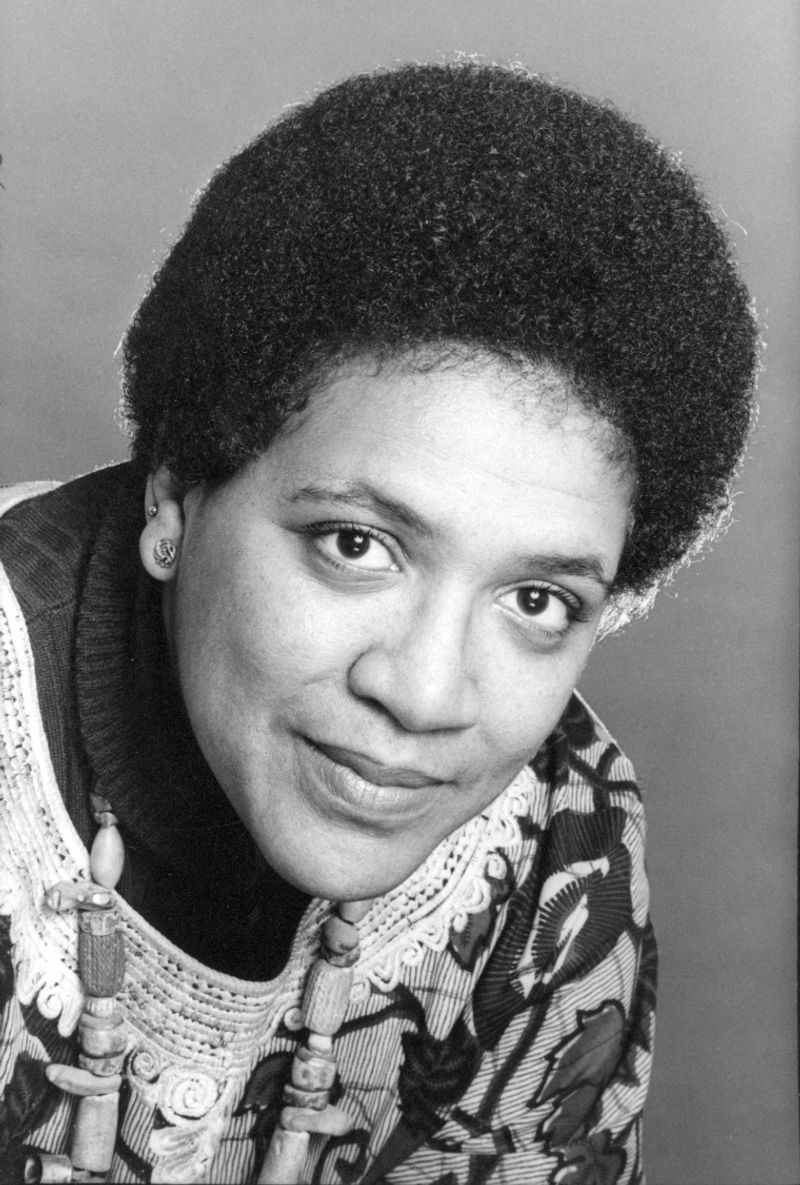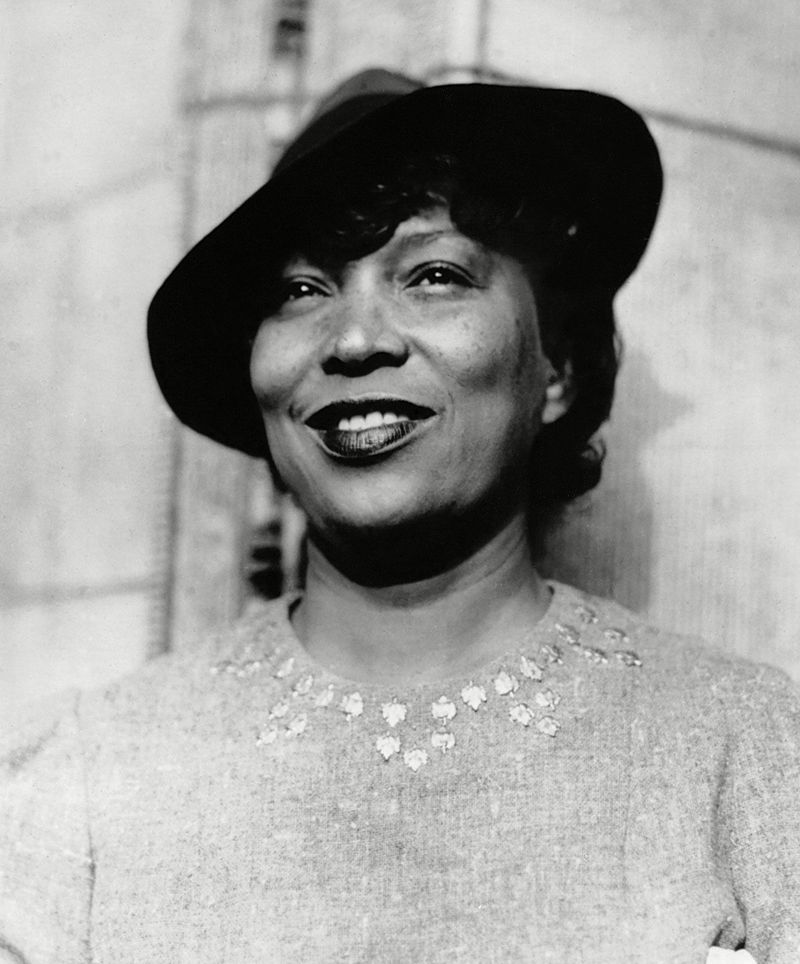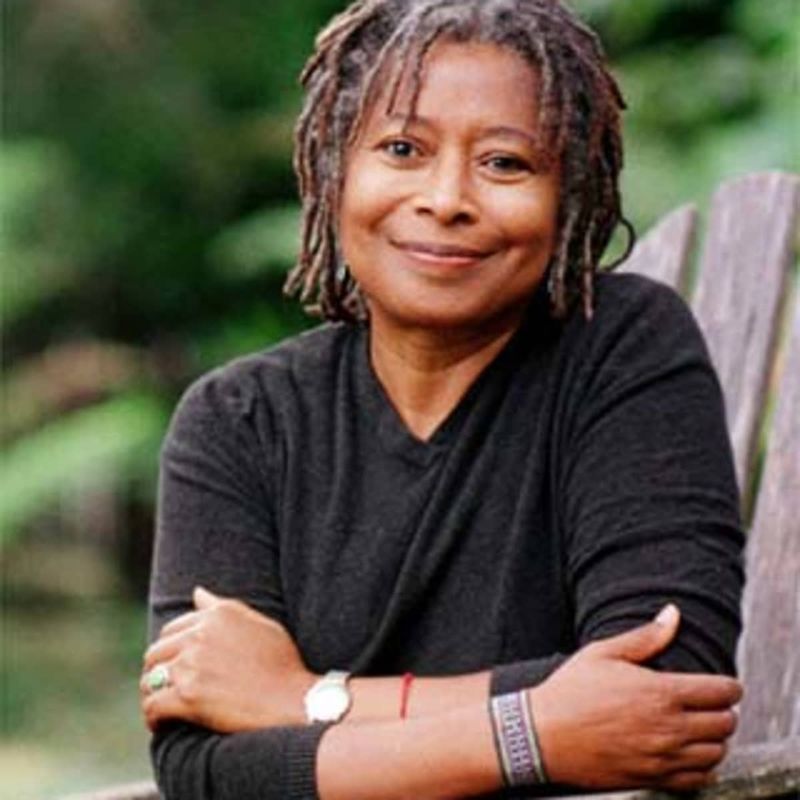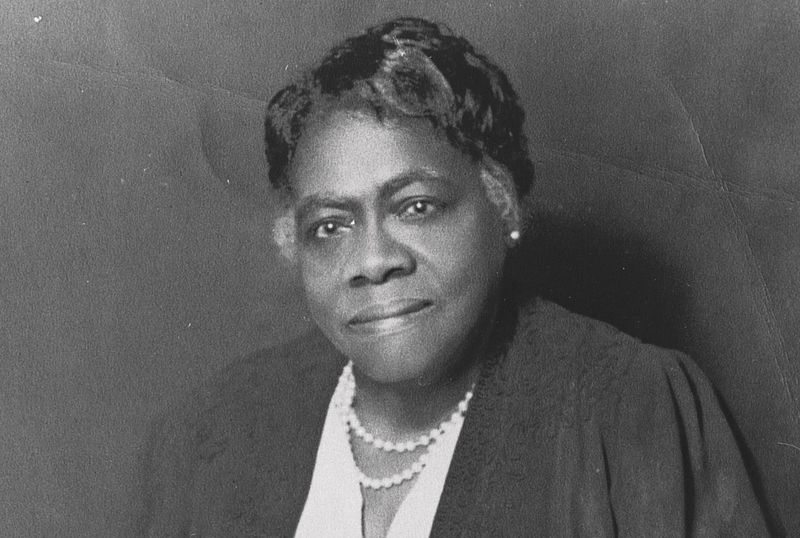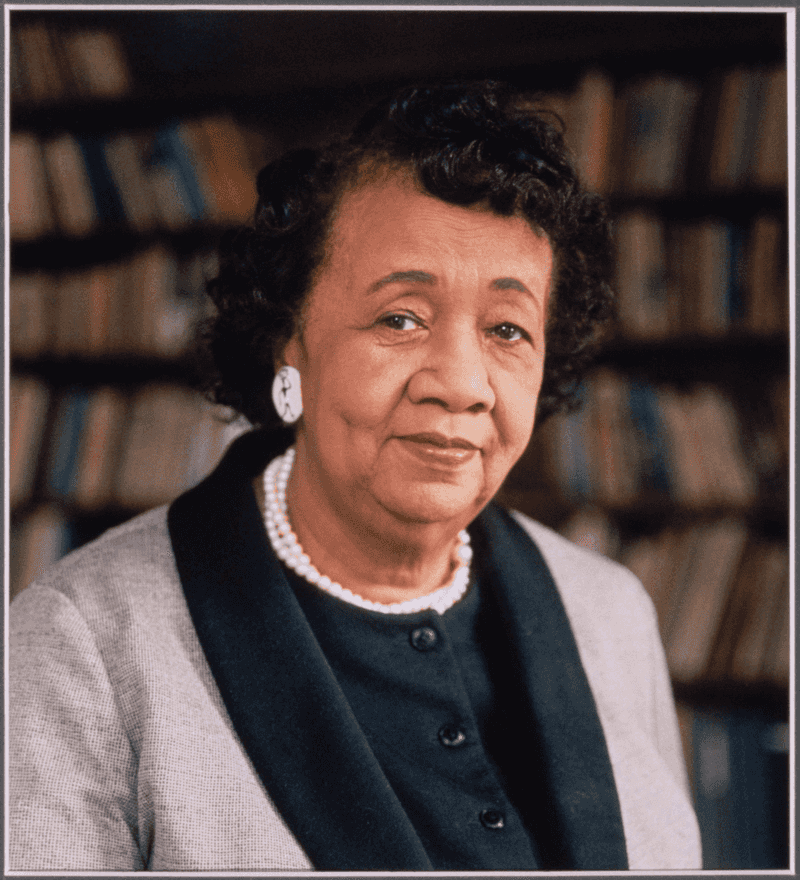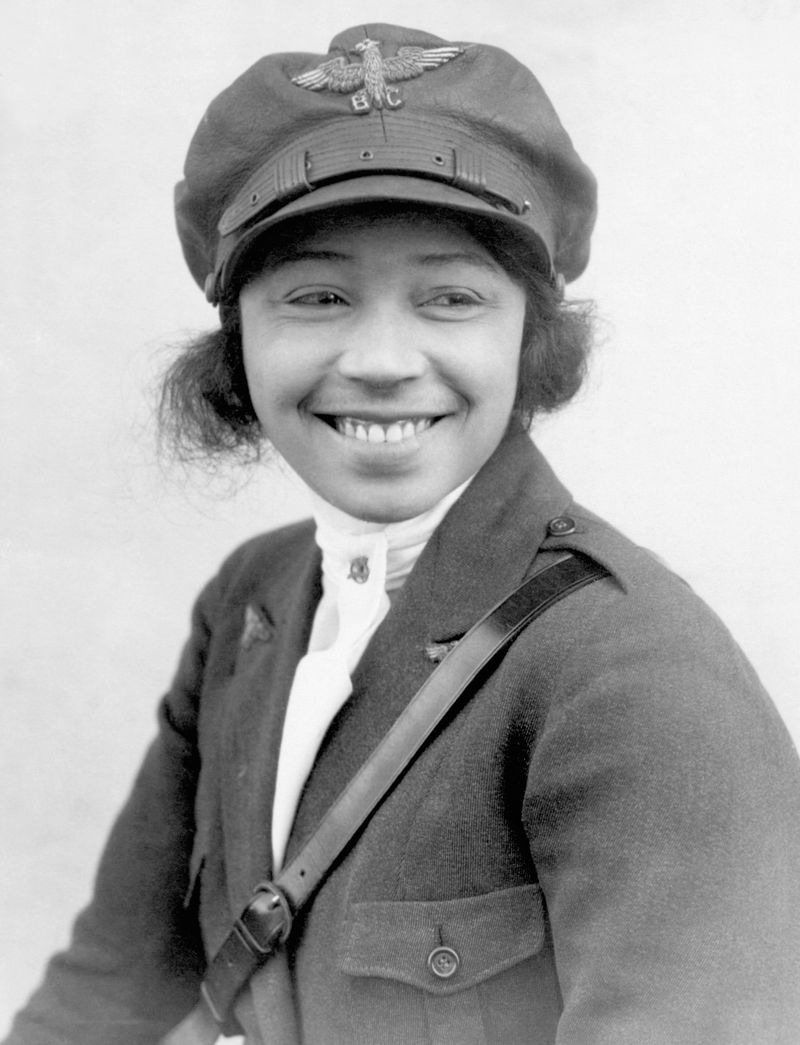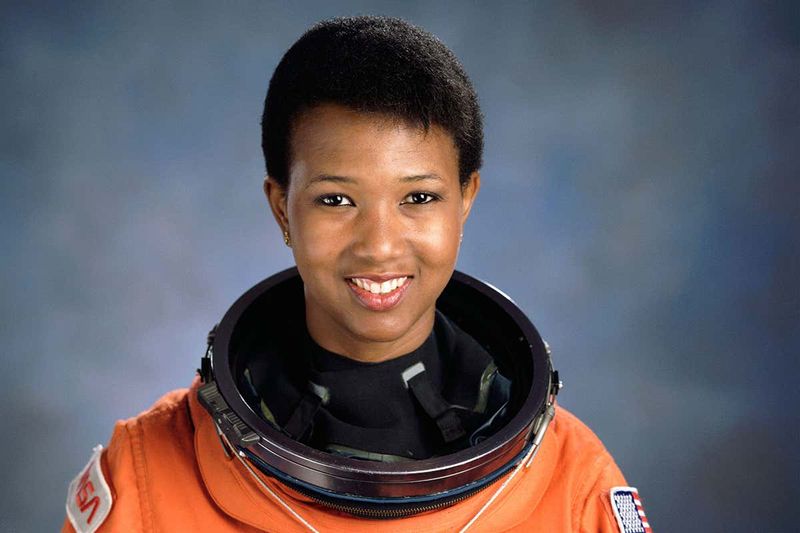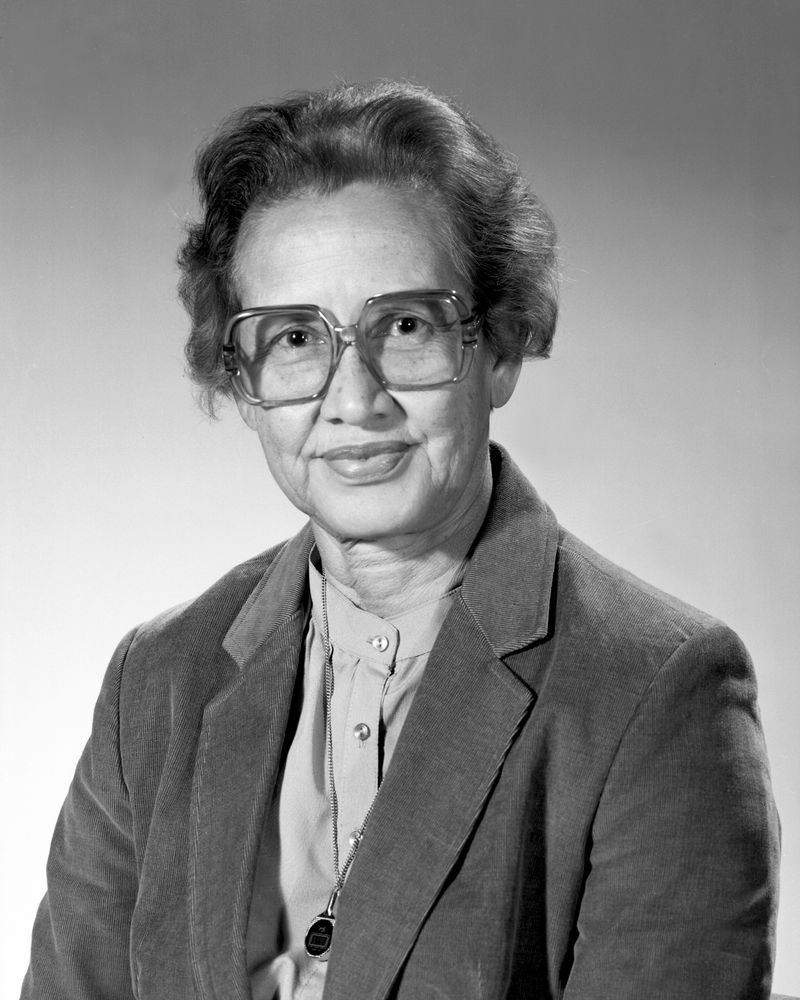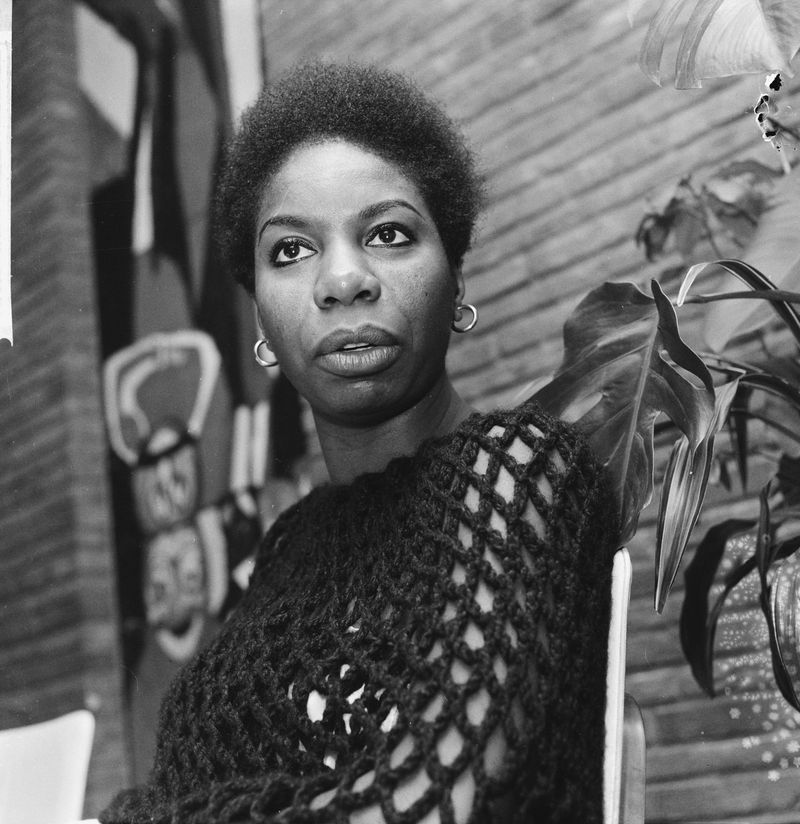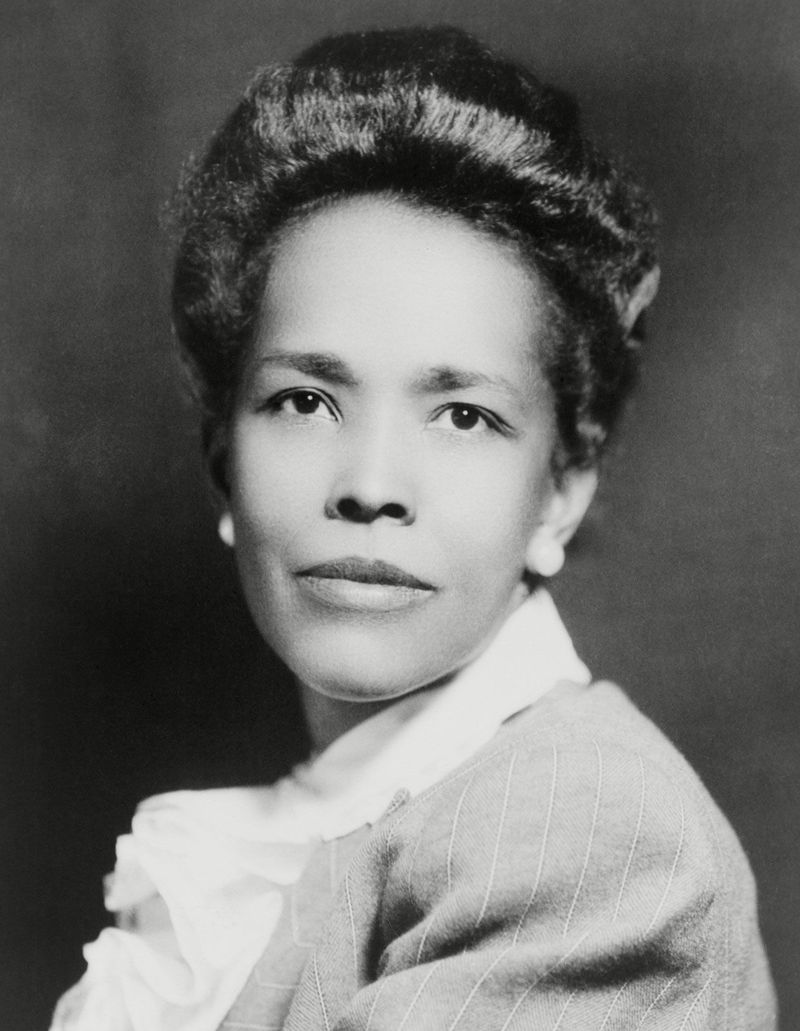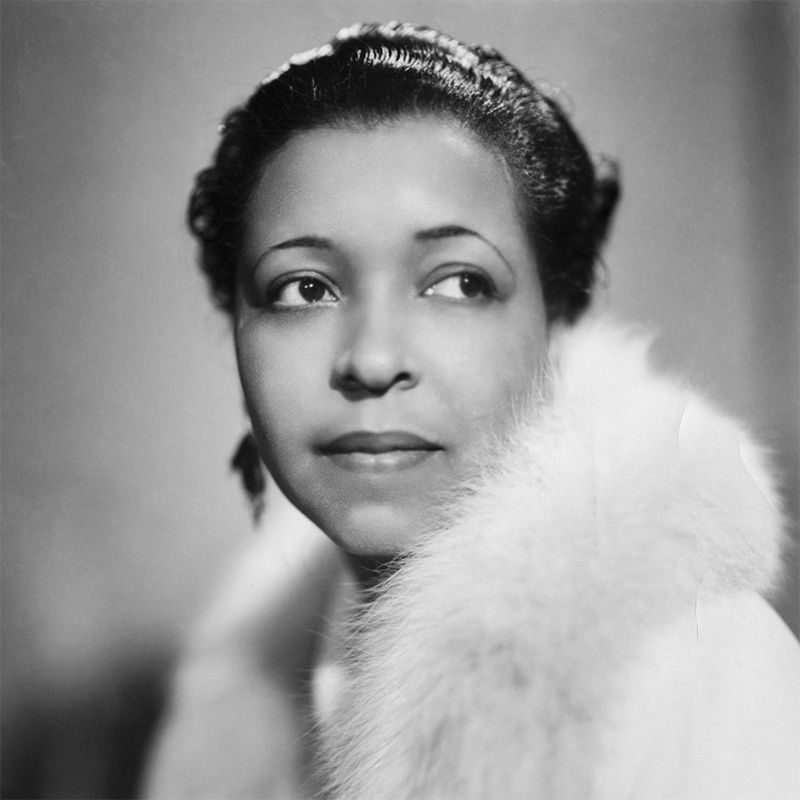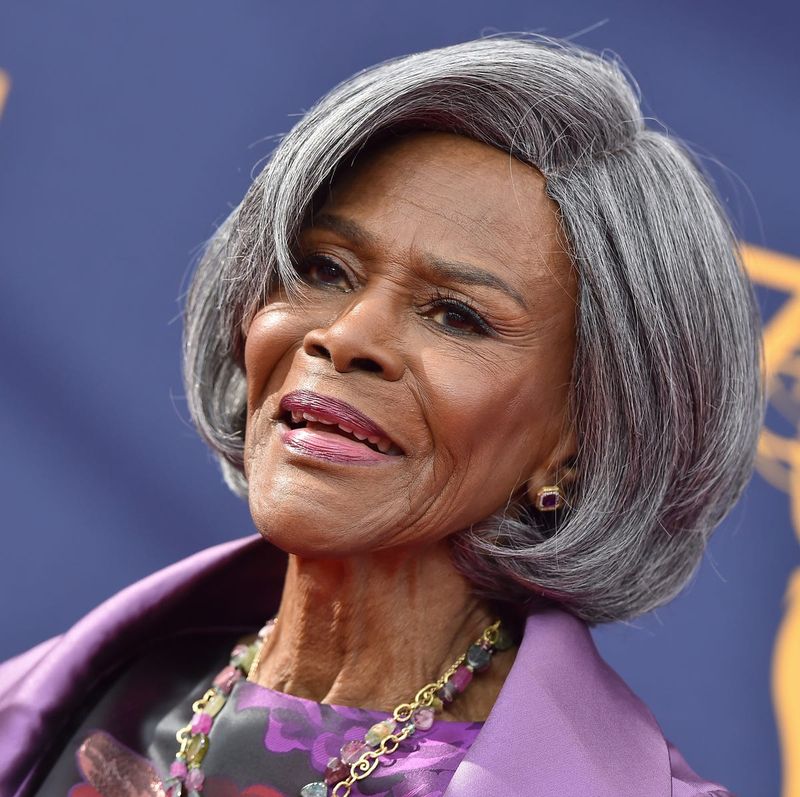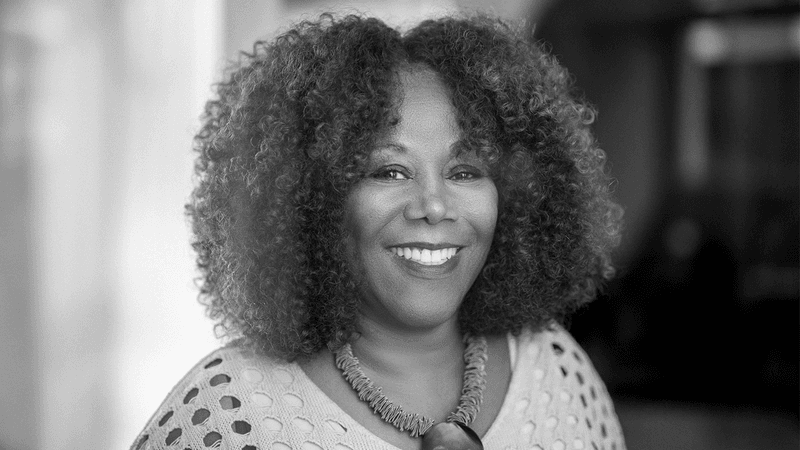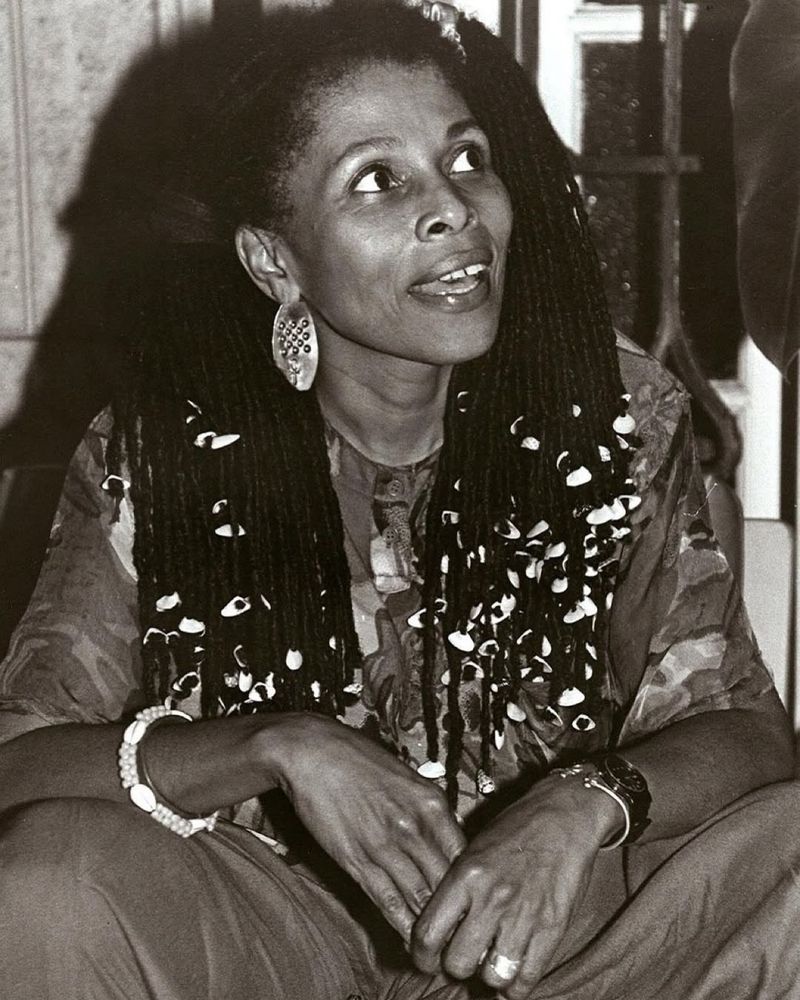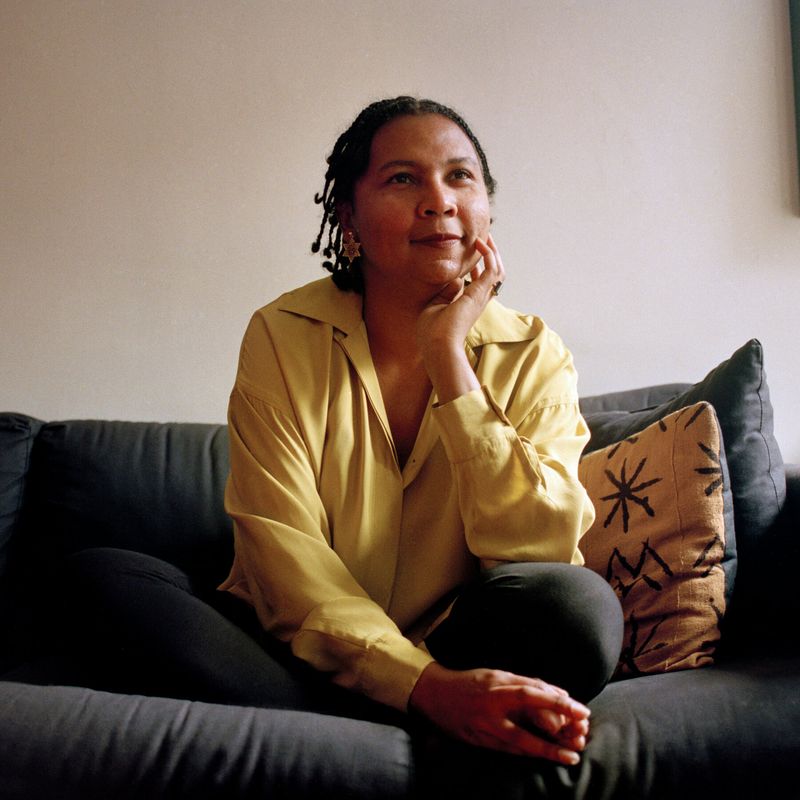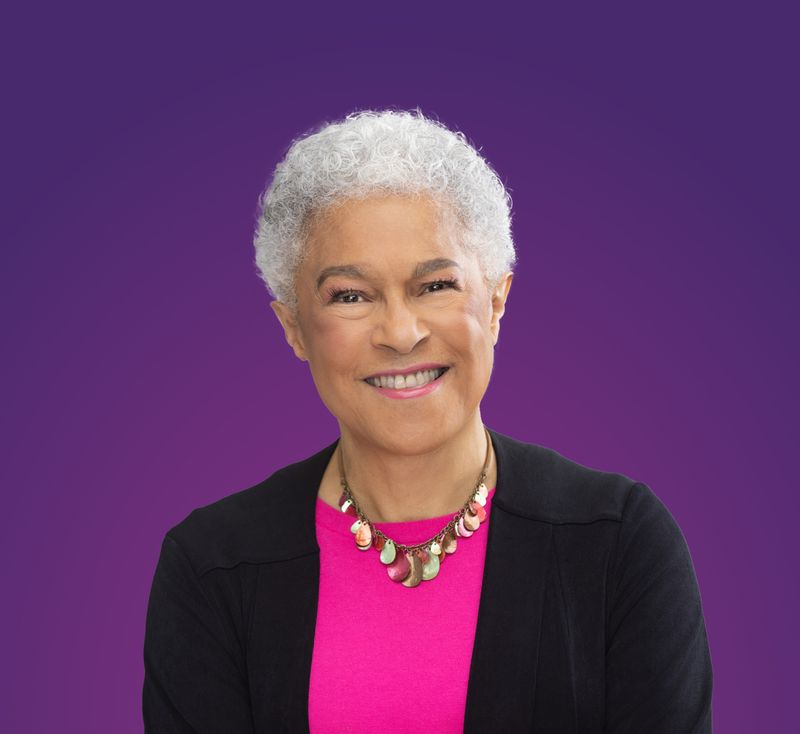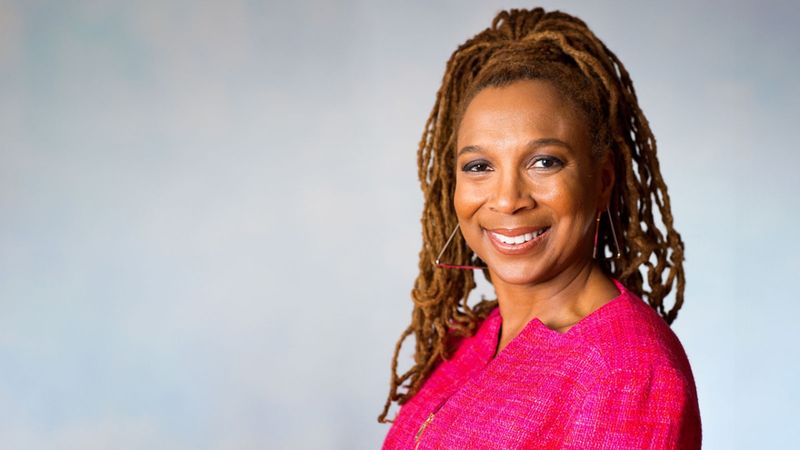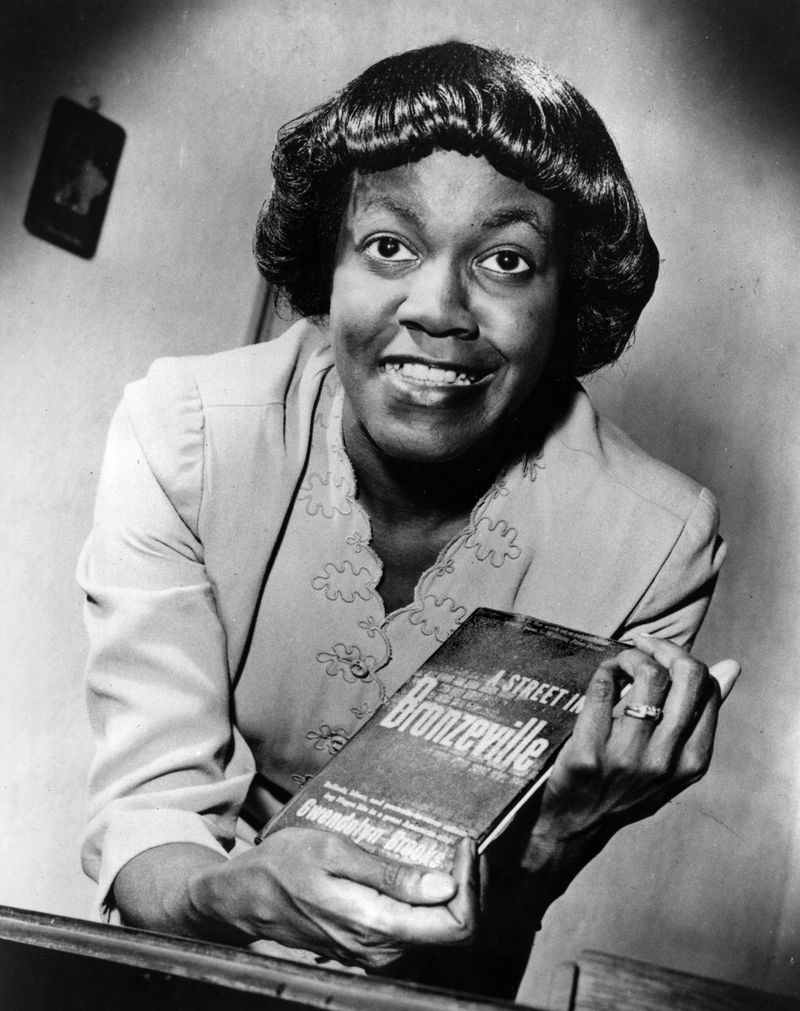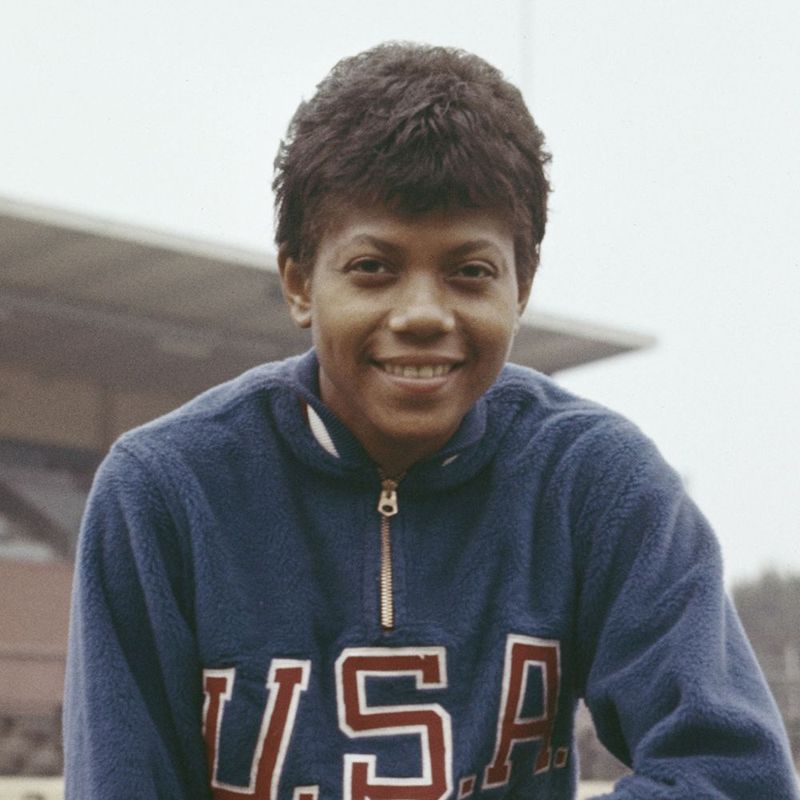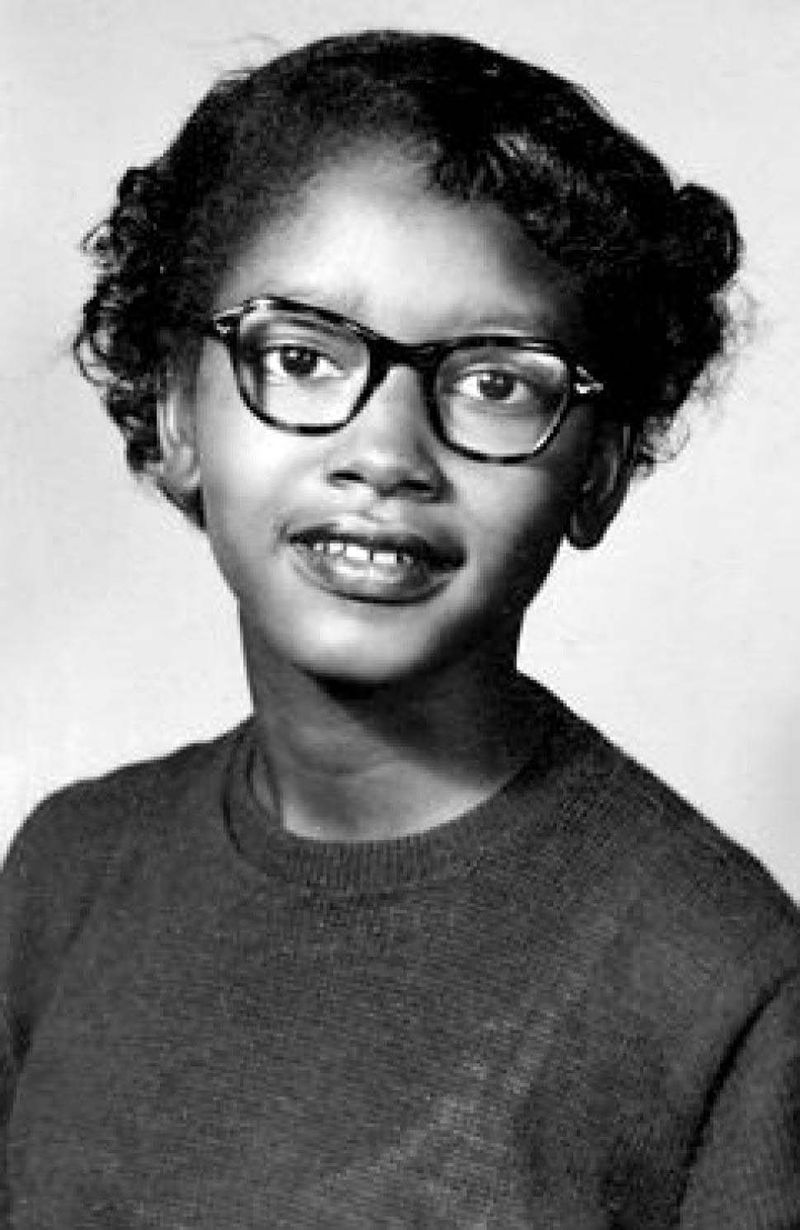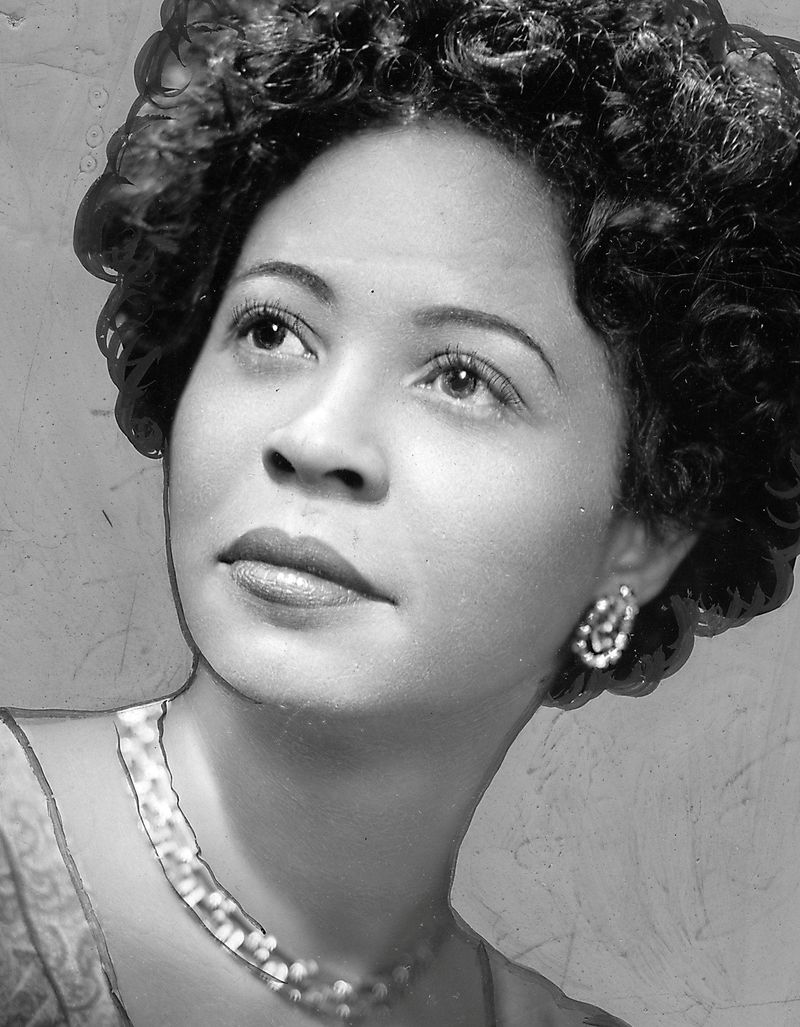Throughout history, black women have made indelible contributions to society, breaking barriers and challenging norms.
From leaders in the fight for civil rights to pioneers in literature and science, these women have paved the way for future generations.
This blog post celebrates 37 extraordinary black women who have left an enduring legacy in women’s history.
1. Harriet Tubman
Harriet Tubman, known as the “Moses of her people,” was a remarkable figure in the abolitionist movement. Born into slavery, she escaped and courageously led hundreds to freedom via the Underground Railroad.
Her commitment to justice was unwavering. Tubman’s strategic mind and fearless spirit were instrumental in her missions. She also worked as a spy for the Union Army during the Civil War, showcasing her versatility and dedication to the cause.
Tubman’s life is a testament to resilience and bravery, inspiring countless others in the fight for equality and freedom.
2. Sojourner Truth
Sojourner Truth, born Isabella Baumfree, was a formidable advocate for abolition and women’s rights. Her powerful speeches, like “Ain’t I a Woman?”, challenged racial and gender inequalities with eloquence.
Known for her charismatic presence, Truth traveled extensively, sharing her story and advocating for change. Her spirituality deeply influenced her activism, believing in divine justice.
Through her compelling narratives and unwavering faith, Truth became a beacon of hope and strength, inspiring generations to fight for justice and equality in society.
3. Ida B. Wells
Ida B. Wells was a pioneering journalist, known for her courageous anti-lynching crusade. Born into a world of racial discrimination, she used her pen to expose the horrors of lynching in America.
Wells co-founded the NAACP and was a vocal advocate for civil rights. Her investigative work and published writings shed light on injustices that were often ignored.
Despite facing threats and hostility, Wells remained steadfast in her mission. Her legacy lives on as a testament to the power of truth and the relentless pursuit of justice.
4. Rosa Parks
Rosa Parks, often called the “mother of the civil rights movement,” made history with a simple act of defiance. By refusing to give up her seat on a segregated bus in Montgomery, Alabama, she ignited a movement.
Her quiet strength and dignity in the face of injustice became a powerful symbol of resistance. Parks’ bravery inspired the Montgomery Bus Boycott, a pivotal event in the civil rights movement.
Her legacy endures as a reminder that one courageous act can spark profound change, inspiring future generations to stand up against injustice.
5. Angela Davis
Angela Davis, a prominent activist and scholar, is known for her work in the fields of civil rights, prison reform, and gender equality. Her affiliation with the Black Panther Party and imprisonment in the 1970s drew international attention.
Davis’ writings and speeches continue to inspire social justice movements worldwide. Her intellectual contributions challenge systems of oppression and advocate for transformative change.
Angela Davis remains a pivotal figure in the fight for justice, equality, and the empowerment of marginalized communities. Her impact endures through her activism and scholarly work.
6. Maya Angelou
Maya Angelou, a celebrated author and poet, captivated the world with her words. Her autobiographical work, “I Know Why the Caged Bird Sings,” broke ground in its honest depiction of black womanhood.
Angelou’s powerful poetry and prose explore themes of identity, racism, and empowerment. Her eloquence and wisdom resonate across generations, offering solace and inspiration.
Beyond her literary achievements, Angelou was an activist and mentor, leaving an indelible mark on the cultural and social landscape. Her legacy as a voice for truth and justice remains profound.
7. Toni Morrison
Toni Morrison, a Nobel Prize-winning author, wove narratives that explored the complexities of black life in America. Her novels, such as “Beloved,” delve into themes of identity, history, and community.
Morrison’s lyrical prose and vivid storytelling captivated readers worldwide. As an editor and professor, she championed diverse voices in literature.
Morrison’s work continues to challenge and inspire, shedding light on often-overlooked aspects of the human experience. Her contribution to literature is profound, offering a rich tapestry of stories that resonate deeply with readers.
8. Michelle Obama
Michelle Obama, the first African American First Lady of the United States, redefined the role with grace and initiative. Her Let’s Move! campaign addressed childhood obesity, inspiring healthier lifestyles.
As an advocate for education and military families, she championed causes close to her heart. Michelle’s memoir, “Becoming,” offers an intimate glimpse into her journey, resonating with millions.
Her influence extends beyond politics, empowering women and girls globally. Michelle Obama’s legacy is one of compassion, leadership, and unwavering commitment to uplifting communities and fostering positive change.
9. Oprah Winfrey
Oprah Winfrey, a media mogul and philanthropist, transformed the landscape of television. Her talk show, “The Oprah Winfrey Show,” became a platform for storytelling and change.
Oprah’s empathetic interviewing style and authenticity captivated audiences worldwide. Beyond television, she established the Oprah Winfrey Network and dedicated resources to education and empowerment initiatives.
Her journey from poverty to becoming one of the most influential women in the world is inspirational. Oprah’s legacy is marked by her dedication to making a positive impact, leaving a lasting imprint on media and society.
10. Shirley Chisholm
Shirley Chisholm, the first African American woman elected to the U.S. Congress, broke barriers in politics. Her 1972 presidential bid challenged norms and inspired a generation.
Known for her slogan, “Unbought and Unbossed,” Chisholm advocated for education, healthcare, and social justice. Her tenacity in the face of racial and gender obstacles set a precedent for future leaders.
Chisholm’s legacy is one of courage and pioneering spirit, paving the way for greater representation in American politics. Her impact on the political landscape endures, inspiring progress and change.
11. Fannie Lou Hamer
Fannie Lou Hamer, a civil rights activist, was known for her powerful voice and relentless fight for voting rights. Born into poverty, she rose to prominence in the 1960s as a leader in the Mississippi Freedom Democratic Party.
Hamer’s testimony at the 1964 Democratic National Convention highlighted systemic injustices, captivating the nation. Her courage and determination inspired many to join the struggle for equality.
Hamer’s legacy is a testament to the power of grassroots activism and the unwavering pursuit of justice. Her impact continues to inspire movements for change.
12. Coretta Scott King
Coretta Scott King, an enduring figure in the civil rights movement, was a warrior for justice and peace. Beyond her role as Martin Luther King Jr.’s partner, she was a leader in her own right.
Coretta championed gender equality and LGBTQ+ rights, extending her activism beyond racial issues. Her establishment of the Martin Luther King Jr. Center for Nonviolent Social Change ensured the continuation of her husband’s legacy.
Coretta’s dedication to justice and equality left an indelible mark, inspiring future generations to strive for a more equitable world.
13. Audre Lorde
Audre Lorde, a self-described “black, lesbian, mother, warrior, poet,” was a powerful voice in literature and activism. Her work addressed issues of racism, sexism, and homophobia, challenging societal norms.
Lorde’s poetry and essays, such as “Sister Outsider,” continue to inspire and provoke thought. Her advocacy for intersectionality highlighted the interconnectedness of various forms of oppression.
Audre’s legacy is a testament to the power of words and the importance of embracing and celebrating one’s identity. Her influence endures, offering strength and insight to those fighting for justice.
14. Zora Neale Hurston
Zora Neale Hurston, an influential writer and anthropologist, captured the richness of African American culture in her works. Her most famous novel, “Their Eyes Were Watching God,” is a cornerstone of African American literature.
Hurston’s anthropological studies documented the folklore and traditions of the black community in the South. Her vivid storytelling and keen observations provided a window into the lives and experiences of African Americans.
Hurston’s contributions to literature and anthropology continue to resonate, preserving the cultural heritage of the black community.
15. Alice Walker
Alice Walker, a Pulitzer Prize-winning author, is celebrated for her novel “The Color Purple,” a poignant exploration of black womanhood and resilience. Walker’s writing delves into themes of identity, spirituality, and empowerment.
As an activist, she has championed women’s rights and racial equality. Her work as a writer and advocate continues to inspire, offering a profound exploration of the human experience.
Walker’s legacy is one of strength and empowerment, encouraging readers to find their voice and embrace their own journeys.
16. Mary McLeod Bethune
Mary McLeod Bethune, an educator and civil rights leader, dedicated her life to education and empowerment. She founded the Daytona Literary and Industrial Training School for Negro Girls, which evolved into Bethune-Cookman University.
Bethune’s influence extended to national politics, where she advised President Franklin D. Roosevelt and founded the National Council of Negro Women. Her commitment to education and equality left a lasting impact on generations.
Bethune’s legacy is one of empowerment, inspiring young people to pursue their dreams and strive for a better future.
17. Dorothy Height
Dorothy Height, a leader in civil rights and women’s rights, was known for her impactful advocacy. Her long tenure as president of the National Council of Negro Women showcased her dedication to social justice.
Height played a vital role in the civil rights movement, advising leaders and organizing protests. Her commitment to gender equality and education was unwavering.
Dorothy Height’s legacy is one of dignity and determination, inspiring future generations to continue the fight for equality and justice in society.
18. Bessie Coleman
Bessie Coleman, the first African American woman pilot, broke racial and gender barriers in aviation. Denied entry into American flight schools, she traveled to France to earn her license in 1921.
Coleman’s daring air shows captivated audiences, inspiring many to pursue aviation. Her determination and skill challenged societal norms, paving the way for future generations of black aviators.
Bessie Coleman’s legacy is one of courage and trailblazing spirit, encouraging others to reach for the skies and defy limitations in pursuit of their dreams.
19. Mae Jemison
Mae Jemison, the first African American woman in space, exemplifies achievement and determination. With a background in engineering and medicine, she joined NASA and flew aboard the Space Shuttle Endeavour in 1992.
Jemison’s historic journey inspired countless young people to pursue careers in science and technology. Her advocacy for STEM education and dedication to exploration continue to influence future generations.
Mae Jemison’s legacy is a beacon of possibility, showing that with perseverance and passion, the stars are within reach.
20. Katherine Johnson
Katherine Johnson, a brilliant mathematician, played a critical role in the success of NASA’s space missions. Her calculations were instrumental in the Apollo Moon landing and other missions.
Johnson’s story was highlighted in the film “Hidden Figures,” bringing her contributions to light. Her work broke racial and gender barriers in the field of science.
Johnson’s legacy is one of precision and excellence, inspiring young women and minorities to pursue careers in STEM. Her impact continues to guide and motivate future generations of scientists and mathematicians.
21. Nina Simone
Nina Simone, a legendary singer and musician, used her voice to advocate for civil rights and social change. Her music, blending jazz, blues, and folk, carried powerful messages of resistance and empowerment.
Songs like “Mississippi Goddam” became anthems for the civil rights movement. Simone’s unique voice and passionate performances captivated audiences worldwide.
Her legacy is one of artistry and activism, inspiring countless musicians and activists to use their platforms for change. Nina Simone’s impact on music and society remains profound, resonating across generations.
22. Ella Baker
Ella Baker, a pivotal figure in the civil rights movement, dedicated her life to grassroots activism. She played a key role in the formation of the Student Nonviolent Coordinating Committee (SNCC) and worked with notable leaders like Martin Luther King Jr.
Baker believed in empowering individuals and communities to drive change. Her organizing skills and commitment to participatory democracy left a lasting impact.
Ella Baker’s legacy is one of empowerment and collective action, inspiring future activists to fight for social justice and equality.
23. Ethel Waters
Ethel Waters, a pioneering entertainer, broke racial barriers in the entertainment industry. Her career spanned music, radio, film, and television, making her a versatile and influential figure.
Waters’ voice and emotive performances captivated audiences, and her work in films like “Pinky” garnered critical acclaim. She was the first African American to star in her own television show.
Ethel Waters’ legacy is one of talent and resilience, paving the way for future generations of black entertainers to shine in the spotlight and tell their stories.
24. Lena Horne
Lena Horne, a glamorous actress and singer, challenged racial discrimination in Hollywood. Her beauty and talent made her a star, but she also used her platform to speak out against racism.
Horne faced discrimination throughout her career but remained committed to breaking barriers. Her performances in films and on stage captivated audiences.
Lena Horne’s legacy is one of elegance and activism, inspiring future generations of artists to use their voices for change and equality in the entertainment industry.
25. Cicely Tyson
Cicely Tyson, an Emmy and Tony Award-winning actress, redefined roles for black women in film and television. Her portrayals of strong, complex characters challenged stereotypes and showcased the depth of black experiences.
Tyson’s career spanned decades, earning her acclaim and respect in the industry. Her commitment to her craft and advocacy for positive representation left a lasting legacy.
Cicely Tyson’s impact on entertainment continues to influence generations of performers, encouraging them to pursue meaningful and transformative roles.
26. Ruby Bridges
Ruby Bridges, at just six years old, became a symbol of courage and determination in the fight for school integration. In 1960, she was the first African American child to attend an all-white elementary school in the South.
Her bravery in the face of hostility and adversity inspired the nation. Ruby’s story is a powerful reminder of the importance of education and equality.
Her legacy continues to inspire young people to stand up for their rights and pursue their dreams despite challenges.
27. Assata Shakur
Assata Shakur, a former member of the Black Panther Party, became an iconic figure in the fight against racial injustice. Her involvement with the Black Liberation Army led to her controversial conviction and escape to Cuba.
Shakur’s autobiography offers a raw account of her experiences and struggles. Her story highlights issues of systemic racism and inequality in America.
Assata Shakur’s legacy is one of resistance and resilience, inspiring activists to challenge injustice and advocate for social change in the face of adversity.
28. bell hooks
bell hooks, a prolific author and cultural critic, explored the intersections of race, gender, and class in her writings. Her work, including “Ain’t I a Woman?”, challenged dominant narratives and called for a more inclusive feminist theory.
Hooks’ insights on love, community, and identity have influenced countless readers and scholars.
Her legacy is one of intellectual rigor and transformative thought, encouraging individuals to critically examine their world and strive for a more equitable society. bell hooks’ impact on feminist theory and cultural discourse remains profound.
29. Marsha P. Johnson
Marsha P. Johnson, a trailblazing activist, was a prominent figure in the LGBTQ+ rights movement. As a transgender woman of color, she faced immense challenges but remained dedicated to advocating for marginalized communities.
Johnson played a pivotal role in the Stonewall Uprising and co-founded the Gay Liberation Front. Her activism and community work left a lasting impact, inspiring generations to continue the fight for equality and acceptance.
Marsha P. Johnson’s legacy is a testament to courage and resilience, celebrating diversity and advocating for human rights.
30. Patricia Hill Collins
Patricia Hill Collins, a distinguished scholar, has made significant contributions to feminist theory and sociology. Her work on intersectionality and black feminist thought has shaped academic discourse.
Collins’ influential book, “Black Feminist Thought,” explores the unique experiences of black women, challenging traditional narratives. Her scholarship advocates for a more inclusive understanding of social issues.
Patricia Hill Collins’ legacy is one of intellectual leadership, inspiring scholars and activists to explore complex intersections of identity and strive for social justice.
31. Kimberlé Crenshaw
Kimberlé Crenshaw, a groundbreaking legal scholar, introduced the concept of intersectionality, transforming how we understand social issues. Her work highlights the overlapping forms of discrimination faced by marginalized groups.
Crenshaw’s scholarship has influenced legal, academic, and social movements, advocating for a more nuanced understanding of identity.
Her legacy is one of innovation and insight, challenging systems of oppression and inspiring activists and scholars to address the complexities of social justice. Kimberlé Crenshaw’s work continues to resonate, shaping discussions on equity and inclusion.
32. Gwendolyn Brooks
Gwendolyn Brooks, a Pulitzer Prize-winning poet, enriched American literature with her vivid and poignant poetry. Her work, often centered on the black experience, captured the beauty and struggles of everyday life.
Brooks’ poems, like “We Real Cool,” resonate with powerful imagery and social commentary. As the first African American woman to win the Pulitzer Prize for Poetry, her contributions paved the way for future generations of poets.
Gwendolyn Brooks’ legacy is one of literary excellence and cultural significance, inspiring readers and writers alike.
33. Serena Williams
Serena Williams, a tennis legend, has redefined the sport with her unparalleled skill and determination. Her powerful serves and tenacity on the court have earned her numerous Grand Slam titles.
Beyond her athletic achievements, Serena is an advocate for gender equality and empowerment. Her influence extends off the court, inspiring young athletes to pursue their dreams with confidence.
Serena Williams’ legacy is one of excellence and resilience, breaking barriers and setting new standards in the world of sports.
34. Venus Williams
Venus Williams, a trailblazing tennis champion, has made a significant impact on the sport and beyond. Her powerful playing style and strategic prowess have won her numerous titles.
Venus’ advocacy for equal pay and women’s rights has influenced the tennis world and broader society. Her resilience and dedication serve as an inspiration to aspiring athletes.
Venus Williams’ legacy is one of strength and perseverance, challenging norms and paving the way for future generations of female athletes to excel.
35. Wilma Rudolph
Wilma Rudolph, an Olympic champion, overcame adversity to become one of the fastest women in the world. Despite childhood polio, she won three gold medals at the 1960 Rome Olympics.
Rudolph’s achievements challenged racial and gender barriers in sports. Her legacy of determination and excellence inspired countless athletes to push beyond limitations.
Wilma Rudolph’s story is one of resilience and triumph, encouraging individuals to pursue their passions and break through barriers in pursuit of greatness.
36. Claudette Colvin
Claudette Colvin, a courageous teenager, made history by refusing to give up her seat on a segregated bus in Montgomery, Alabama, nine months before Rosa Parks. Her bold act of defiance challenged the unjust laws of segregation.
Though not as widely recognized, Colvin’s actions played a significant role in the civil rights movement. Her story underscores the power of youth activism and the importance of standing up for justice.
Claudette Colvin’s legacy is a testament to bravery and the impact of ordinary individuals on the course of history.
37. Daisy Bates
Daisy Bates, a civil rights activist, played a crucial role in the desegregation of schools in Little Rock, Arkansas. As president of the Arkansas NAACP, she guided and supported the Little Rock Nine, the first black students to attend Central High School.
Bates’ leadership and courage in the face of fierce opposition were instrumental in advancing educational equality.
Her legacy is one of determination and advocacy, inspiring generations to fight for civil rights and social justice. Daisy Bates’ impact on education and equality remains significant.
